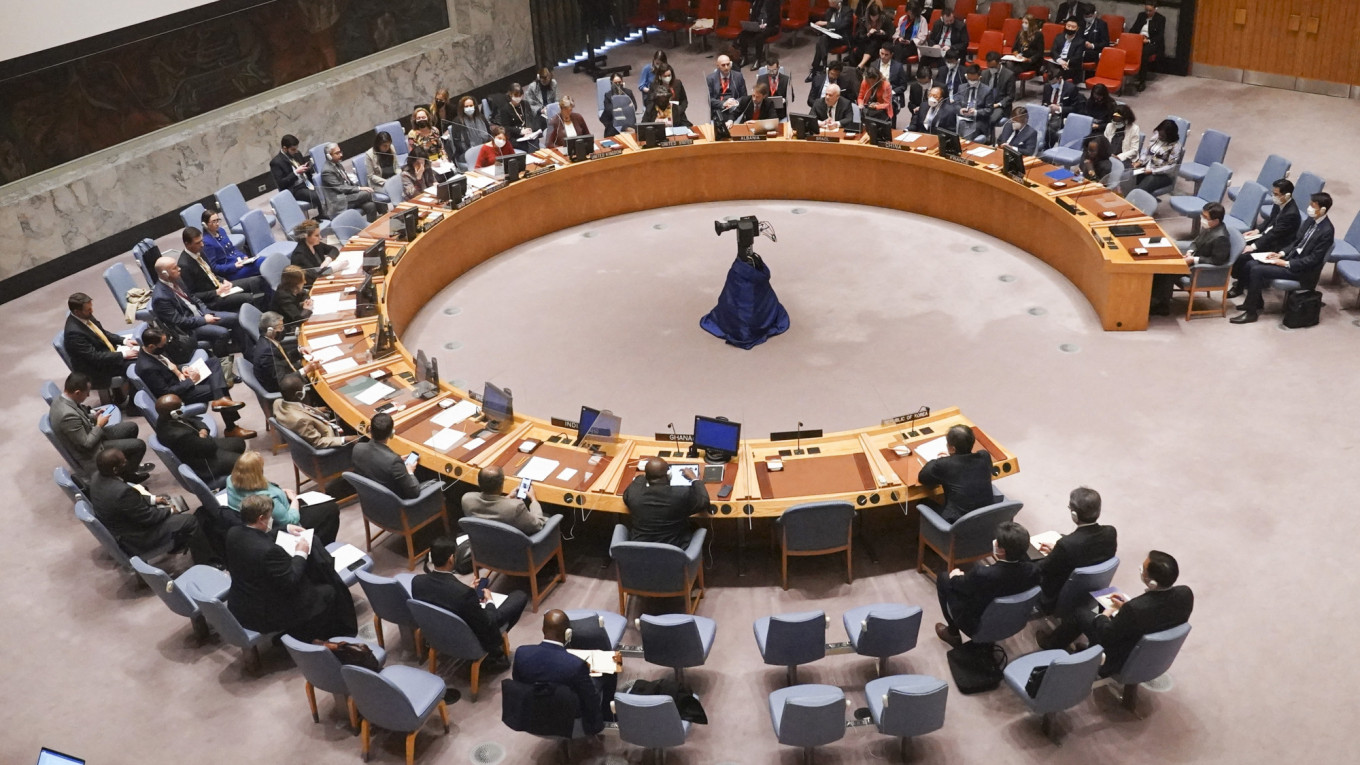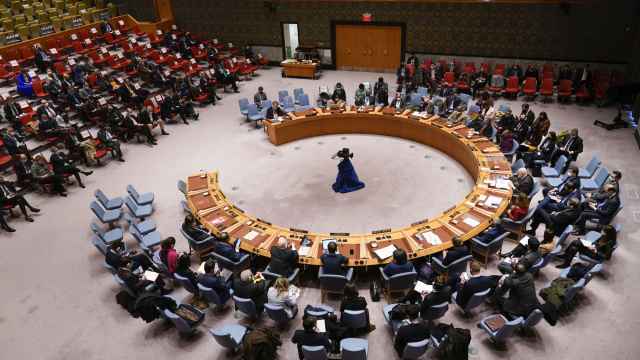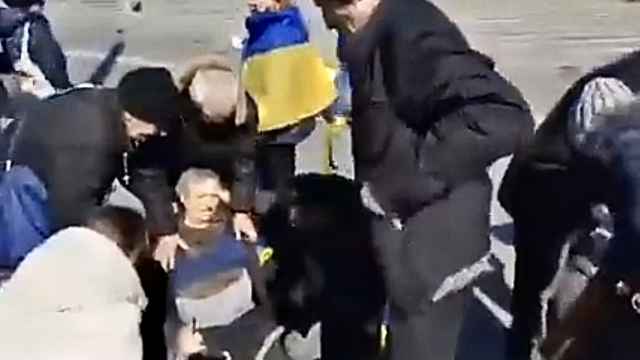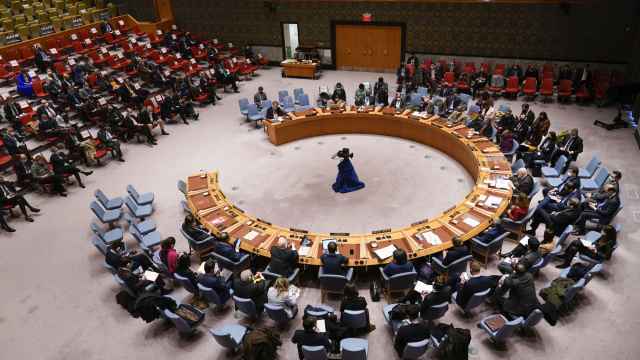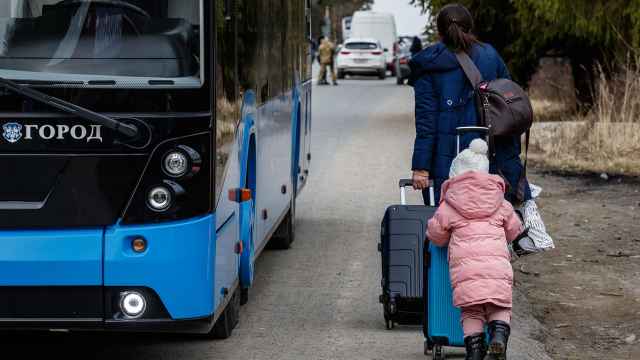Russia was accused before the UN Security Council on Tuesday of having caused a "global food crisis" and putting people at risk of "famine" by starting the war in Ukraine, which serves as a breadbasket for Europe.
Russian President Vladimir Putin "started this war. Vladimir Putin created this global food crisis. And he is the one who can stop it," U.S. Deputy Secretary of State Wendy Sherman said during a Security Council meeting devoted to the humanitarian situation in Ukraine.
"The responsibility for waging war on Ukraine — and for the war's effects on global food security — falls solely on Russia and on President Putin," she said.
France's ambassador to the UN, Nicolas de Riviere, furthered that "Russia's aggression against Ukraine is increasing the risk of famine around the world" and that populations in developing countries would be the first to be affected.
"Russia will no doubt try to make us believe that it is the sanctions adopted against it that are creating an imbalance in the world security situation for food," de Riviere added.
Moscow's UN Ambassador Vassily Nebenzia indeed countered that potential turbulence in the global food market was in fact caused by "the unbridled sanctions hysteria that the West has unleashed against Russia."
Sherman and the director of the World Food Program (WFP), David Beasley, reported that Ukraine and Russia, which are both major cereal producers, represent 30% of world wheat exports, 20% for corn and 75% for sunflower oil.
On Friday the European Union announced an initiative to alleviate food shortages caused by the war. The EU and United States want a multilateral commitment against restrictions on the export of agricultural raw materials.
UN Assistant Secretary-General for Humanitarian Affairs Joyce Msuya said the conflict in Ukraine "threatens to make things even worse in the world's biggest humanitarian crises, such as Afghanistan, Yemen, and in the Horn of Africa" where food insecurity is already a problem.
A Message from The Moscow Times:
Dear readers,
We are facing unprecedented challenges. Russia's Prosecutor General's Office has designated The Moscow Times as an "undesirable" organization, criminalizing our work and putting our staff at risk of prosecution. This follows our earlier unjust labeling as a "foreign agent."
These actions are direct attempts to silence independent journalism in Russia. The authorities claim our work "discredits the decisions of the Russian leadership." We see things differently: we strive to provide accurate, unbiased reporting on Russia.
We, the journalists of The Moscow Times, refuse to be silenced. But to continue our work, we need your help.
Your support, no matter how small, makes a world of difference. If you can, please support us monthly starting from just $2. It's quick to set up, and every contribution makes a significant impact.
By supporting The Moscow Times, you're defending open, independent journalism in the face of repression. Thank you for standing with us.
Remind me later.


